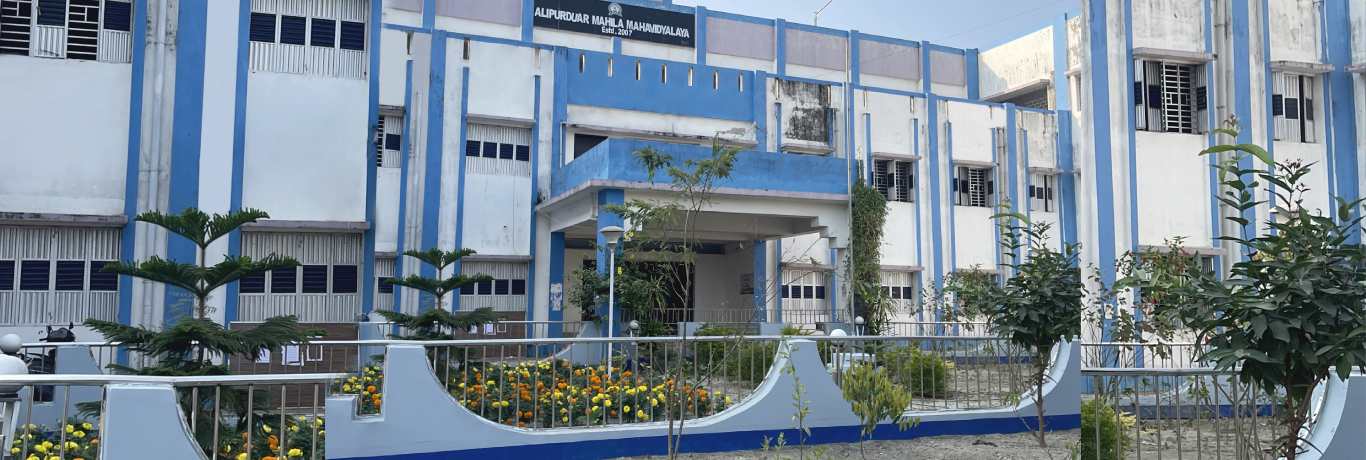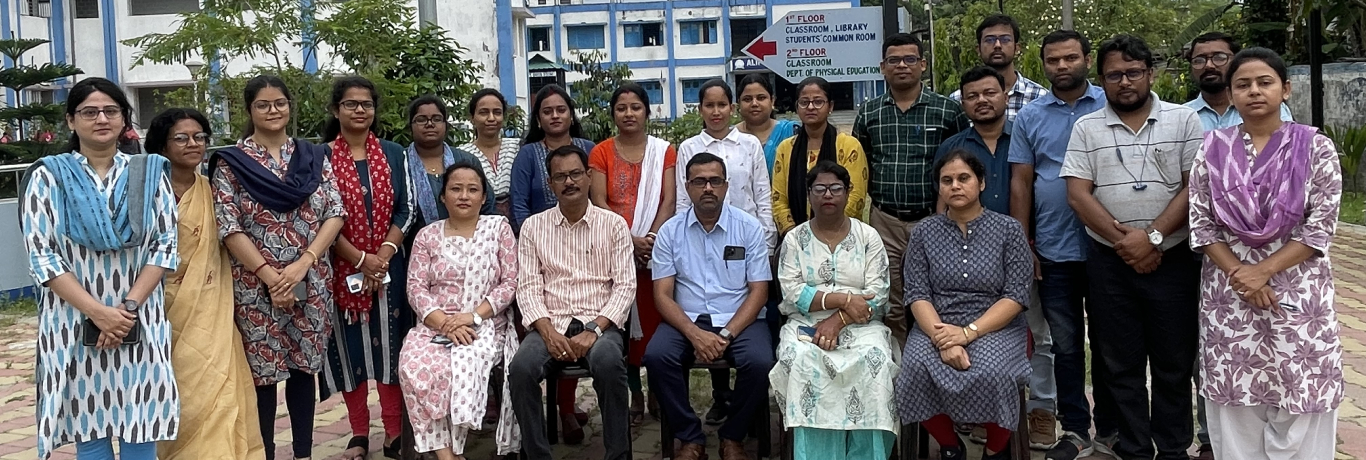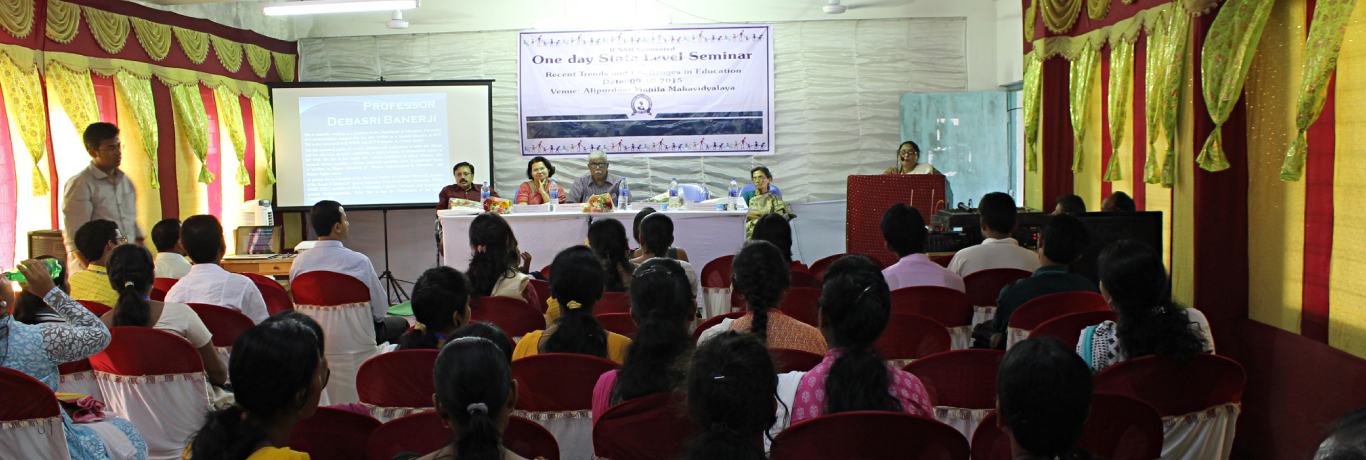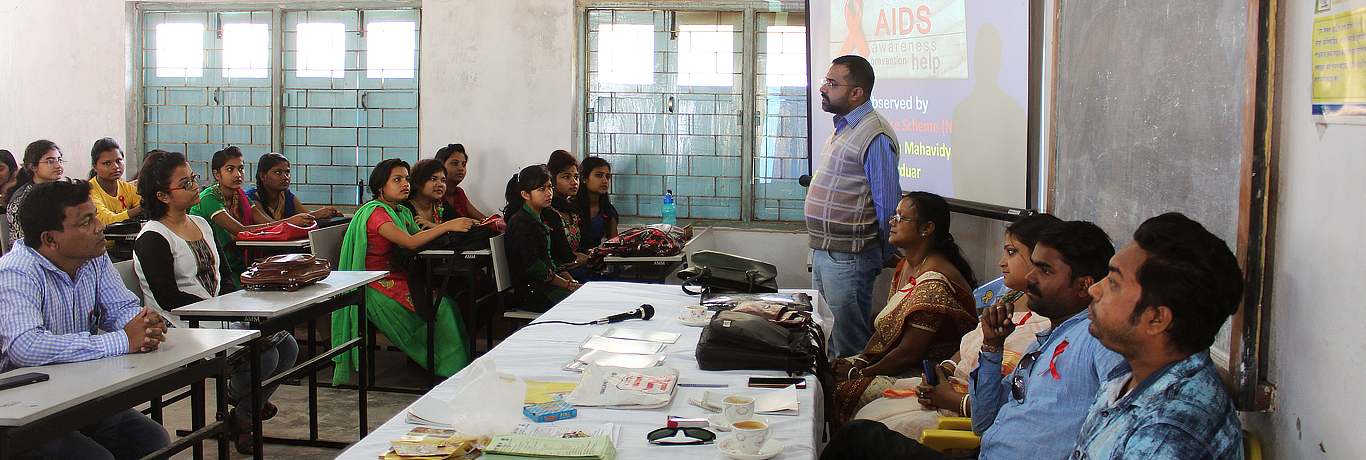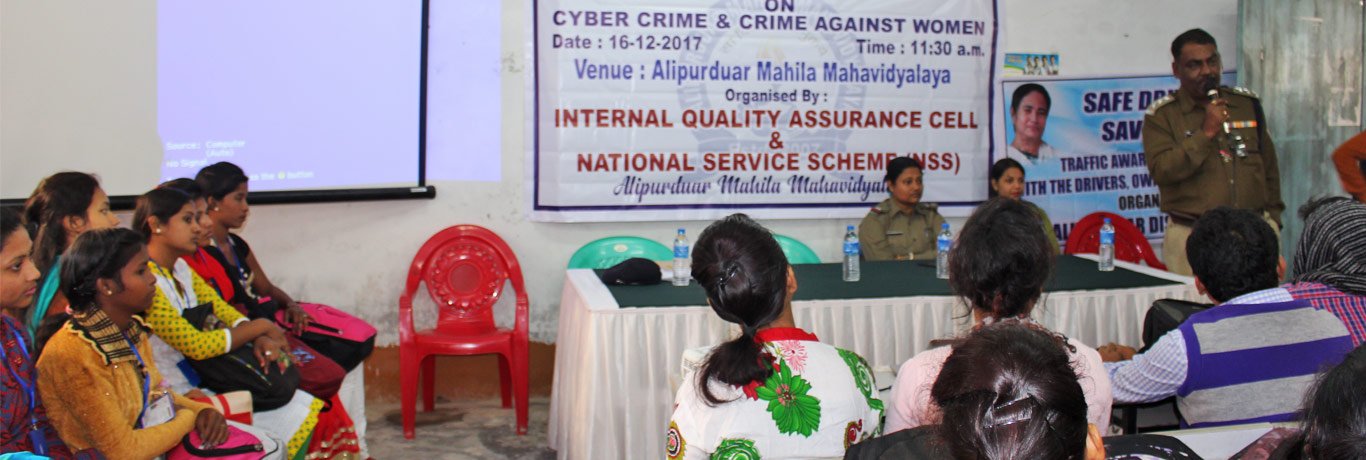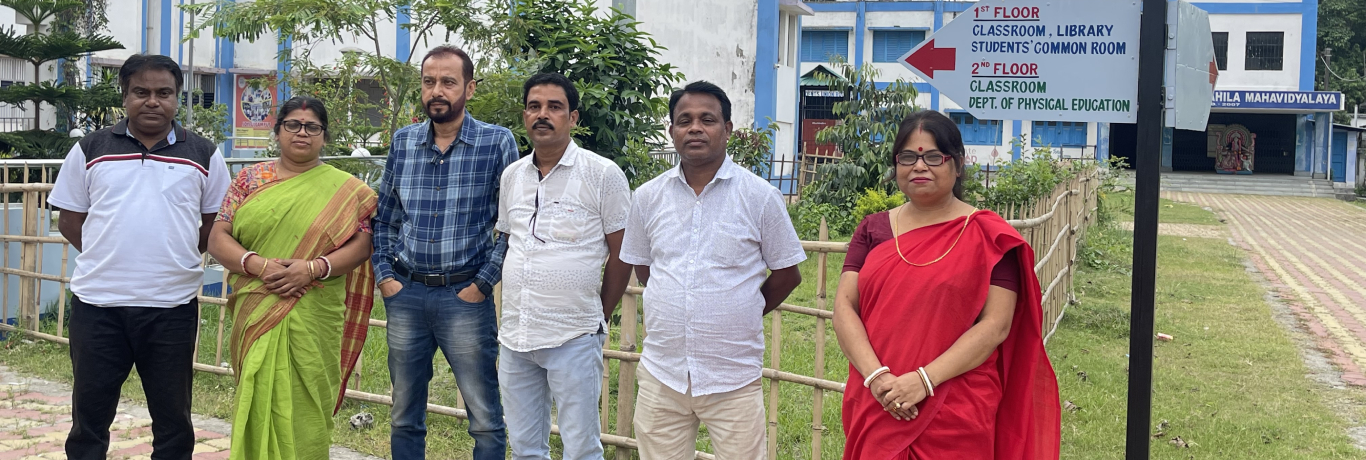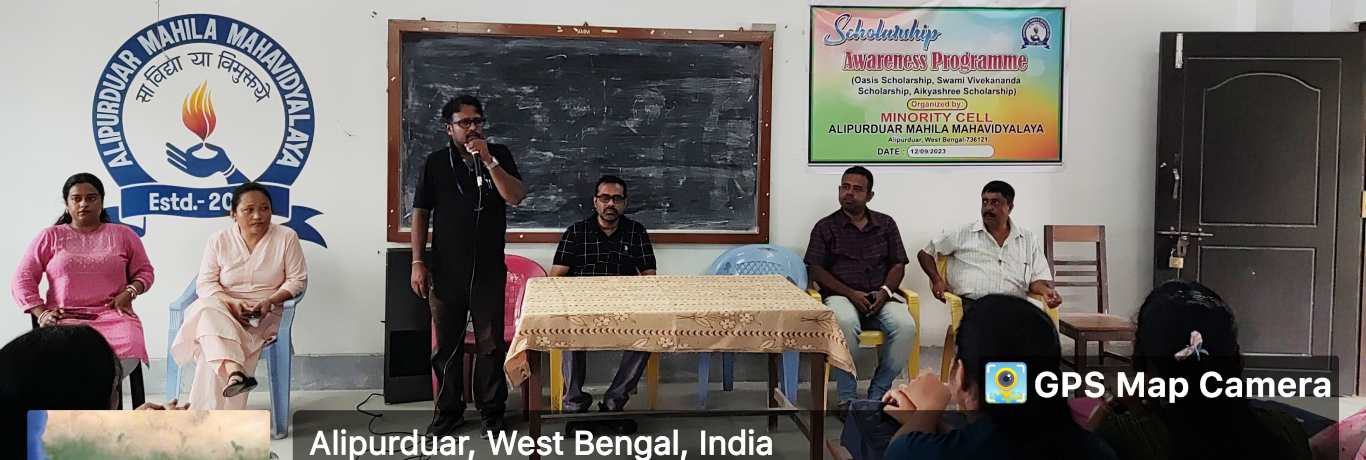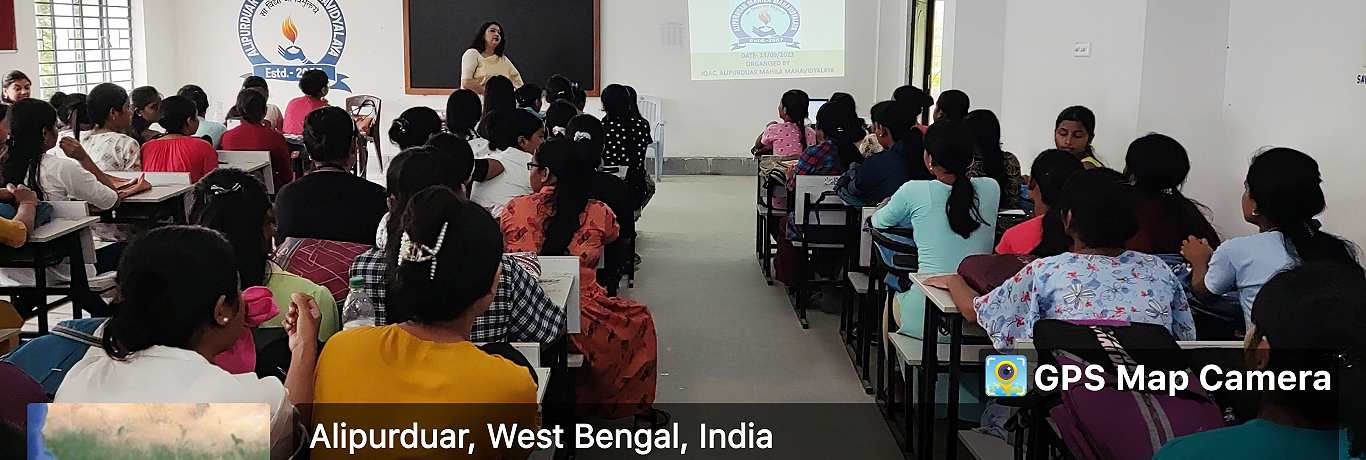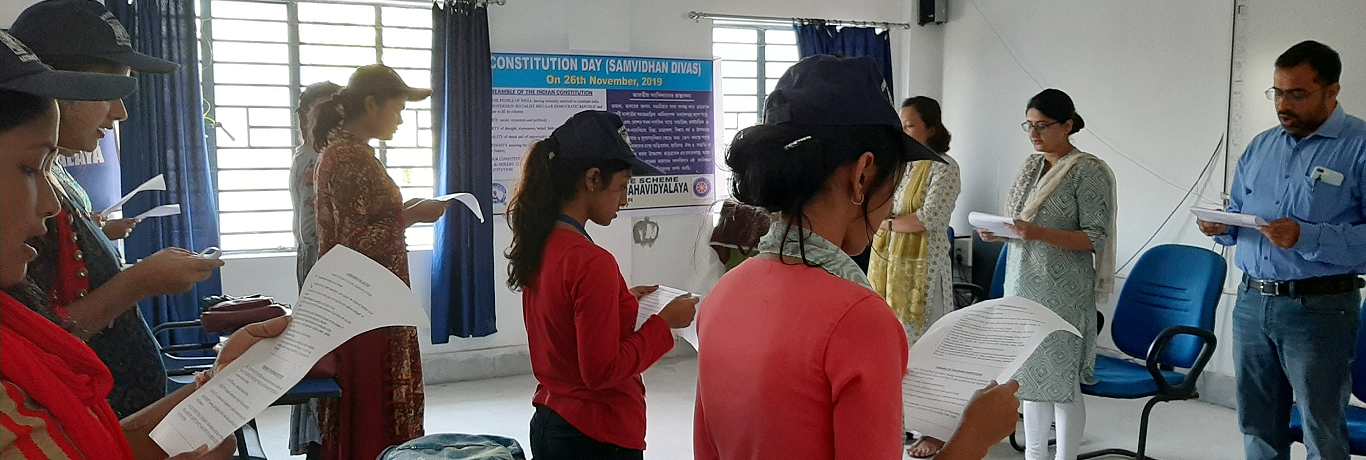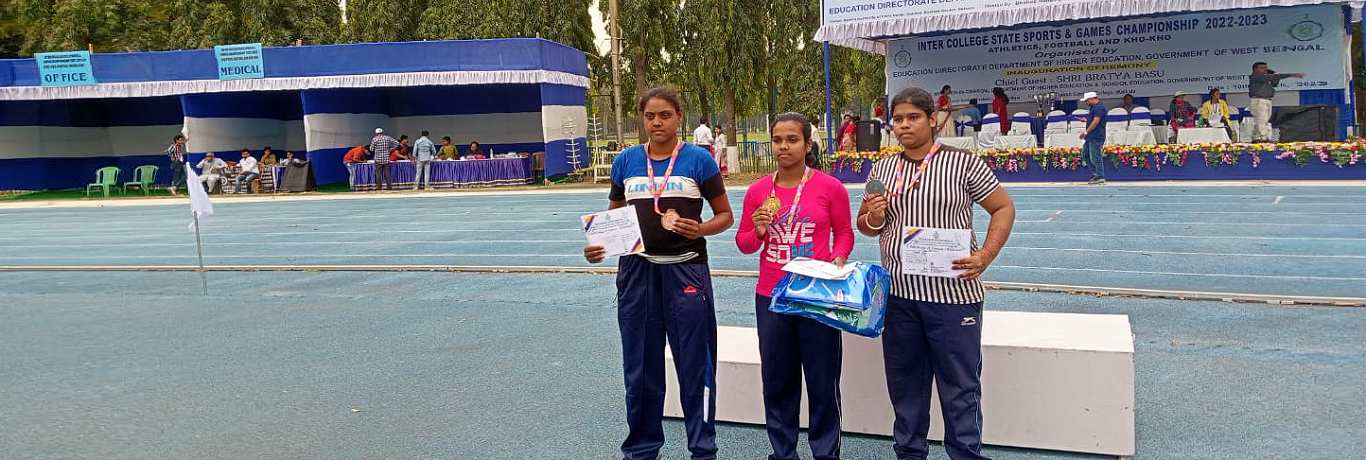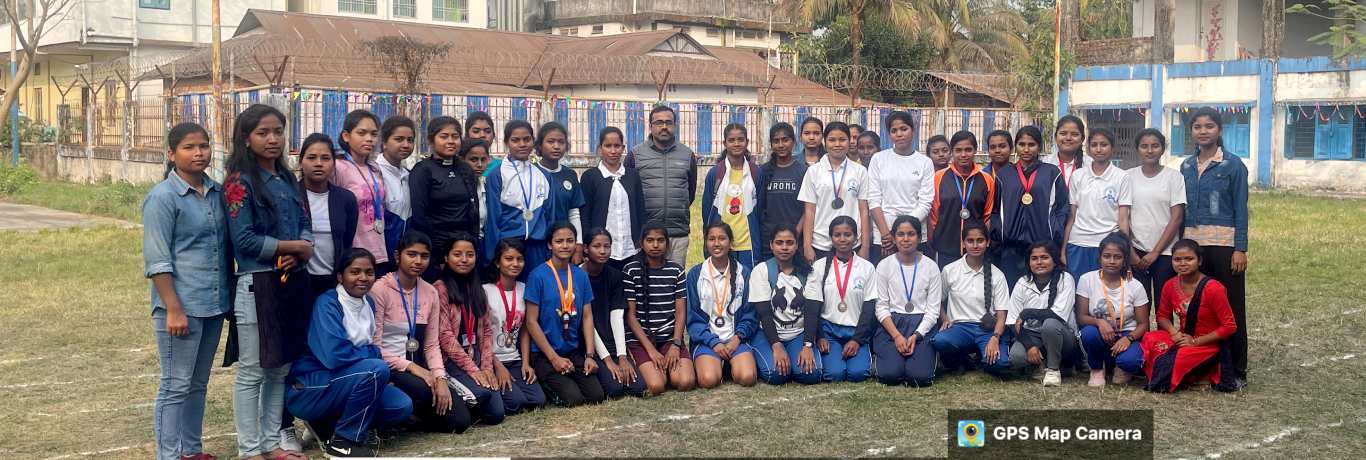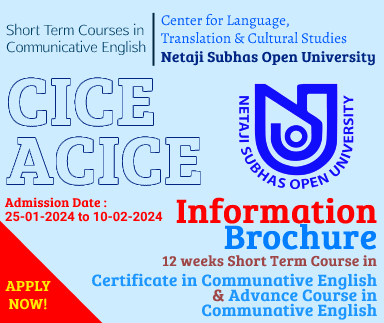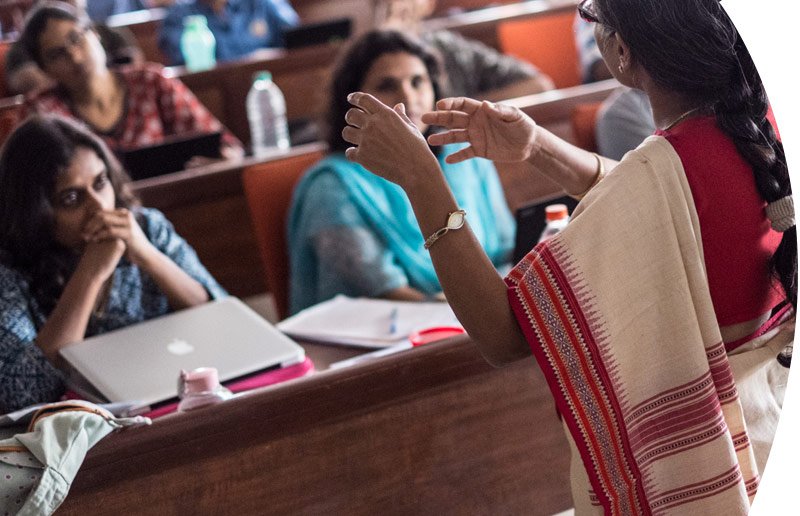Principal's Desk
Higher education is a sector, full with possibilities and challenges. Working here is not a time bound job. Rather, it is a responsibility.
Read MoreMission & Vision
The college has the aim to impart education among women irrespective of caste, creed or social position. We believe in the assertion 'Education is a weapon of liberty'.
Read MoreLibrary
The library is quite resourceful with a good collection of books. It has an open access system where students can browse through the books before borrowing them.
Read MoreWelcome to
Alipurduar Mahila Mahavidyalaya
The demand for a dedicated girls’ college in Alipurduar was materialized in the year 2007 with the establishment of Alipurduar Mahila Mahavidyalaya. The formal commencement of academic activity began from the 4th of August, 2008. The commencement of classes was declared by Professor Arunabha Basu Majumdar, the then Vice–Chancellor of the University of North Bengal.
News & Announcement
More EventsThe highest education is that which does not merely give us information but makes our life in harmony with all existence.
When we think we know we cease to learn.
Education is the manifestation of perfection present already in man. Divinity is the manifestation of the religion already in man.
One individual may die; but that idea will, after his death, incarnate itself in a thousand lives.
Distance Education & NSS
Distance Education Center
Netaji Subhash Open University
Subject : PG Course in
English/ Bengali/History/Political Science/Education/Mathematics/Library Science (MLIS)/ Social Work (MSW)
Certificate Course in Public Administration/Certificate in English Language Teaching
BA/BDP in English/ Bengali/History/Political Science/Education
NSS
The National Service Scheme (NSS) is an Indian government-sponsored public service program conducted by the Department of Youth Affairs and Sports of the Government of India.
Distance Education Center
Indira Gandhi National Open University
Subject : BPP/M.A. in English/M.A. in Pol.Sc./B.A./B.Com/Certificate Course in Functional English & Business Skills

